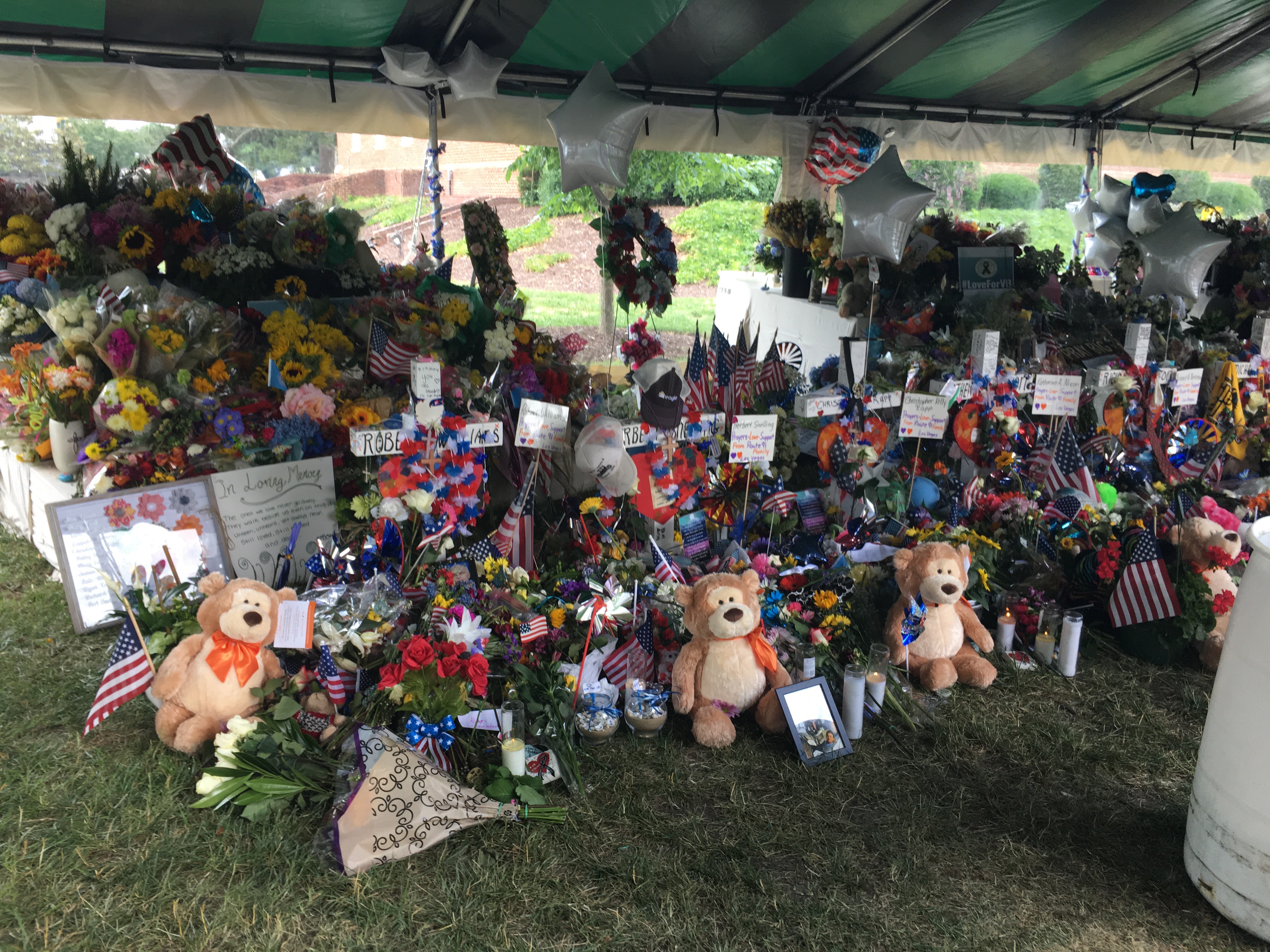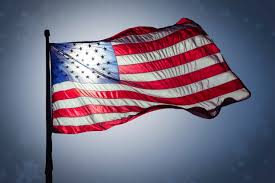
A New Year’s Wish
May we find joy and companionship in the goodness that resides in most of us and not allow hate from the few to define who we are.
Let us strive to make 2020 be a good year for us all.

A New Year’s Wish
May we find joy and companionship in the goodness that resides in most of us and not allow hate from the few to define who we are.
Let us strive to make 2020 be a good year for us all.
This Shabbat I am writing from Virginia Beach where I am deployed with the Red Cross Disaster Spiritual Care Team. To the victims, their families, and everyone here affected by this tragic event Shabbat Shalom- a Shabbat of Peace.


To all of you who sacrificed your lives to protect and defend us, Thank You.
Your memories are a continuing blessing to us all.
As we enter this Shabbat, the last of the year 2018, I share Craig Taubman’s Hashkiveinu.
This prayer as part of the evening service asks for Divine protection from the darkness. May God’s shelter of peace bring us safety and peace.
Shabbat Shalom
Each year I hear the following:
~Put Christ back into Christmas
~Get materialism out of Christmas
~Don’t Mix Hanukkah and Christmas
Do this, don’t do that; lots of proscriptions and prescriptions. But maybe we might pause and appreciate it precisely as it is.
Christmas is more than the birthday of Jesus. Indeed, as we all know, it is not the day of his birth. That Christmas is more than the marking of Jesus’ birth is not new. The idea that we may universalize the message of the holiday has been at the heart of a Christian message, softly spreading of the values at its core. I have always been taken by the beauty of the idea expressed in John 3:16: “For God so loved the world that He gave His only begotten son…” It is a message of love and light and our world does not have enough of either. The message is enlightening and one I can deeply appreciate even if I do not embrace the theology.
To those who attend mass or use this as a moment of sacred holiness, I stand respectfully quiet. To those who decorate homes with all kinds of festive lights, I drive by like a tourist taking in the spectacle, even grading for taste, presentation, originality, and use of the secret ingredient (with deference to Iron Chef). For those who gather the family to share a meal and time together, I only wish we had more reasons to do that. For those who give gifts, no matter how big or small, I hope that each gift is an expression of love and caring for both the giver and the receiver, bringing both close together.
Christmas in America is beautiful, even those parts some of us just don’t get. But that is okay. So, to everyone, a very Merry Christmas (and a Happy New Year)!
A prayer for peace this Shabbat from Nava Tehila.
Shabbat Shalom.
We Rise- an inspiring song by Batya Levine sung by my friends at the Interfaith Music Project of Philadelphia.
Shabbat Shalom!
https://www.youtube.com/watch?v=5qZsh4mVkfY

Maerten van Heemskerck
“Nachamu, Nachamu Ami”- Take comfort, my people. So begins Isaiah 40, the readings we use for the Shabbat after Tisha B’Av.
Tisha B’Av is a day of deep sorrow, for so many of the catastrophes that have befallen the Jewish people are linked to this day. We fast and read the book of Lamentations recalling the destruction of the First Temple.
The prophet’s urging to take comfort seems more than for us to be consoled in our time of grief. It urges us to look beyond our grief. For we will rise up, continuing life continuing the ongoing work as partners in God’s creation in spite of, or perhaps because of the loss that we encounter. We will remember, but we are exhorted to move forward both as individuals and as a people. The world will go on and we must take our place to continue to build.
History has shown that out of the ashes, like a phoenix, we will rise up. Carrying our memories of what was lost, we will create new memories. As we commemorate the losses marked on Tisha B’Av, we also take tentative but deliberate steps forward out of our grief towards our tradition’s aspirations of a better world that we work to create and we find our comfort through this renewed purpose.
When we rise from Shiva, we are instructed to go outside and walk around the block. This is symbolic of our reentering the world. Changed because of our loss, but compelled to move forward honoring the memory of the loved one lost, or in this case, the loss befallen upon our people. The values we hold dear; caring for the widow and stranger, clothing the naked and feeding the hungry are the cornerstones for the ongoing work of Tikkun Olam and creation that is ever-present. We must also vote; for voting is our most precious special franchise granted to all who are blessed to live in the United States. We can leverage our work through elected representatives fighting for us to achieve our vision of a better world.
We rise not only with our voices but with our actions. For ours is to pray with our feet, as Rabbi Heschel once said. We can make our country and our world a better and more compassionate place through our actions. Nachamu, Nachamu Ami.
Idan Raichel brings us Beresheet – a new song which he wrote during his travels, inspired by several unexpected encounters with people from Africa and India.
The song is accompanied by a beautiful video created by the sand artist Ilana Yahav, who brings her visual interpretation of the song in a sensitive and heartwarming way.
My thanks to Adam Wishkovsky for sharing this piece with me.
Shabbat Shalom!